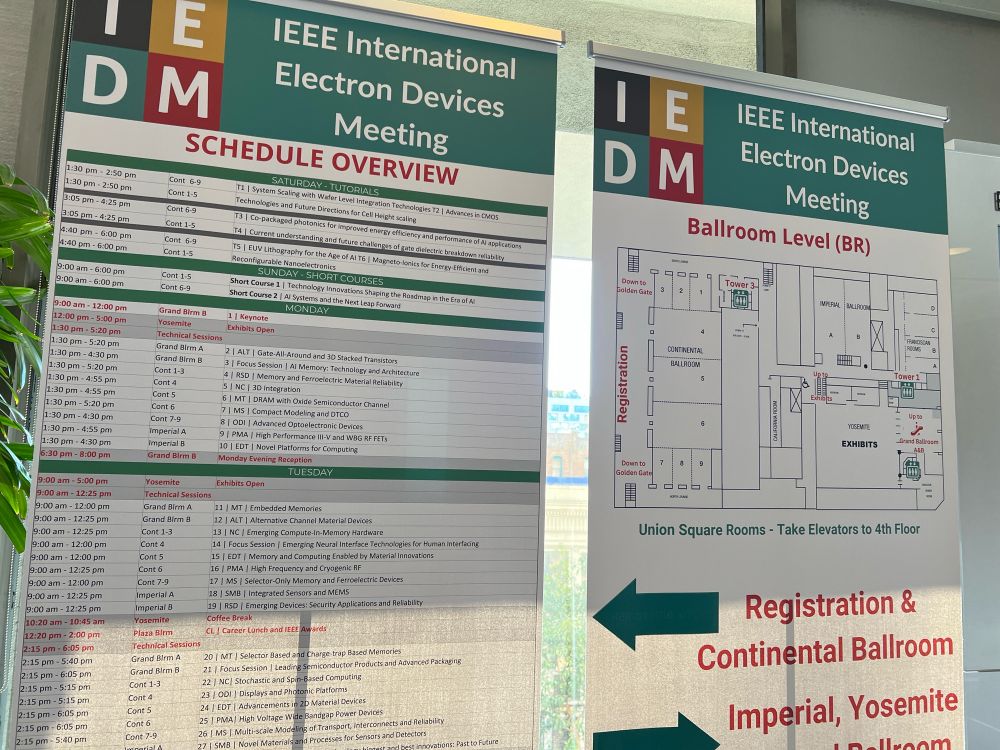Stephen Nellis
@stephennellis.bsky.social
1.4K followers
38 following
21 posts
Reporter at Reuters covering semiconductors, hardware and other technology topics from Silicon Valley.
Posts
Media
Videos
Starter Packs
Stephen Nellis
@stephennellis.bsky.social
· Dec 10
Stephen Nellis
@stephennellis.bsky.social
· Dec 10
Stephen Nellis
@stephennellis.bsky.social
· Dec 10
Stephen Nellis
@stephennellis.bsky.social
· Dec 10
Stephen Nellis
@stephennellis.bsky.social
· Dec 10
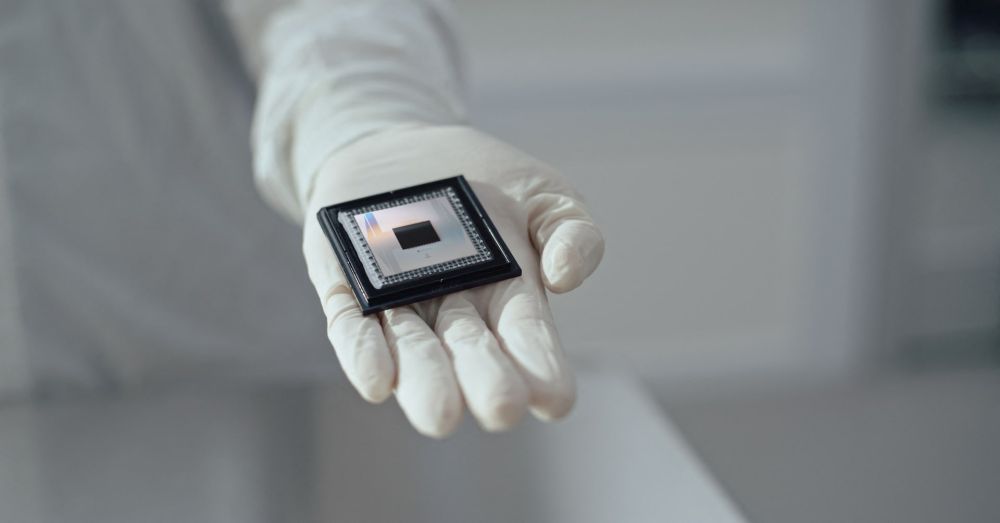
Google says it has cracked a quantum computing challenge with new chip
Google on Monday said that it has overcome a key challenge in quantum computing with a new generation of chip, solving a computing problem in five minutes that would take a classical computer more time than the history of the universe.
www.reuters.com
Stephen Nellis
@stephennellis.bsky.social
· Nov 28
Stephen Nellis
@stephennellis.bsky.social
· Nov 28
Stephen Nellis
@stephennellis.bsky.social
· Nov 28
Reposted by Stephen Nellis
Raphael Satter
@raphae.li
· Nov 27

Exclusive: Exxon lobbyist investigated over hack-and-leak of environmentalist emails, sources say
The FBI has been investigating a longtime Exxon Mobil consultant over the contractor's alleged role in a hack-and-leak operation that targeted hundreds of the oil company’s biggest critics, according to three people familiar with the matter.
www.reuters.com
Stephen Nellis
@stephennellis.bsky.social
· Nov 27
Stephen Nellis
@stephennellis.bsky.social
· Nov 27
Stephen Nellis
@stephennellis.bsky.social
· Nov 27
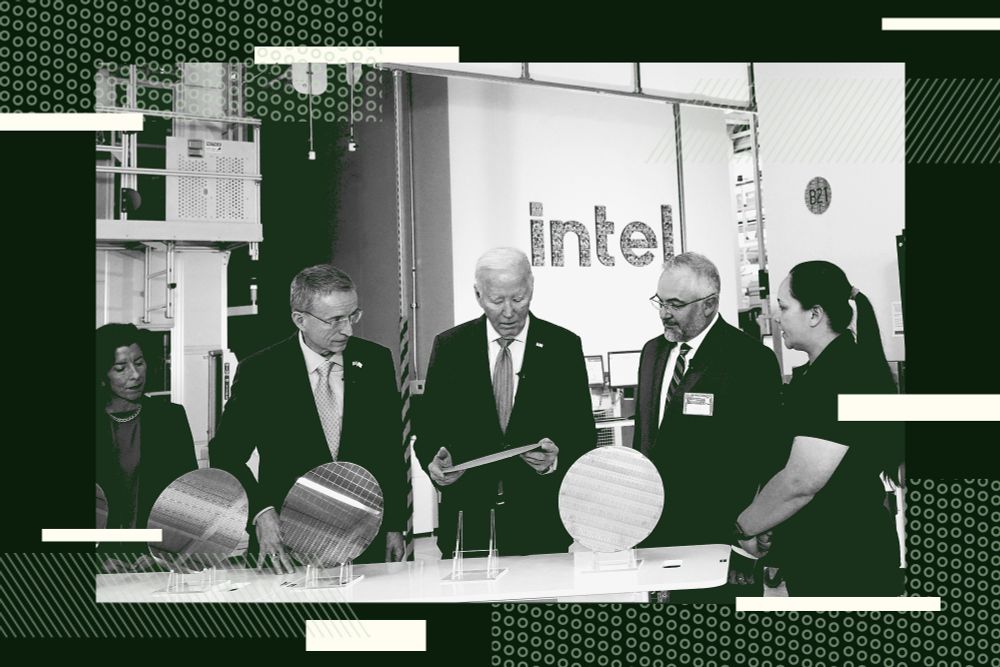
‘I don’t know how this happened’: A $3B secret program undermining Biden’s tech policy
The Commerce Department was expecting to hand out new federal money to high-tech research. Congress sent it to a secretive natsec program instead.
www.politico.com
Stephen Nellis
@stephennellis.bsky.social
· Nov 27
Stephen Nellis
@stephennellis.bsky.social
· Nov 27
Stephen Nellis
@stephennellis.bsky.social
· Nov 27
Stephen Nellis
@stephennellis.bsky.social
· Nov 27
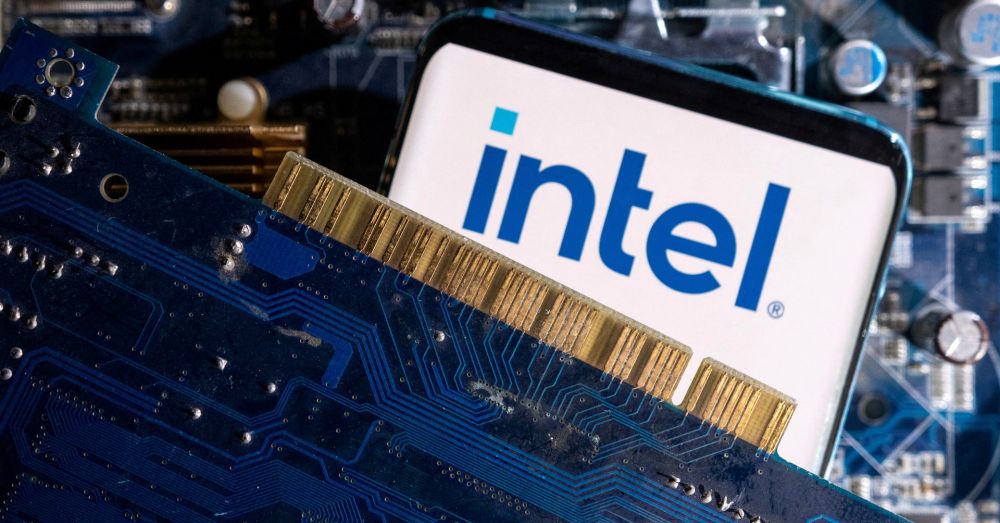
Intel expects US to shave chip-making grant, sources say
Intel expects the U.S. government to reduce a preliminary subsidy of $8.5 billion to build more chip factories, two sources familiar with the matter said on Monday, weeks after the company received a separate $3 billion deal with the Pentagon.
www.reuters.com
Stephen Nellis
@stephennellis.bsky.social
· Nov 27
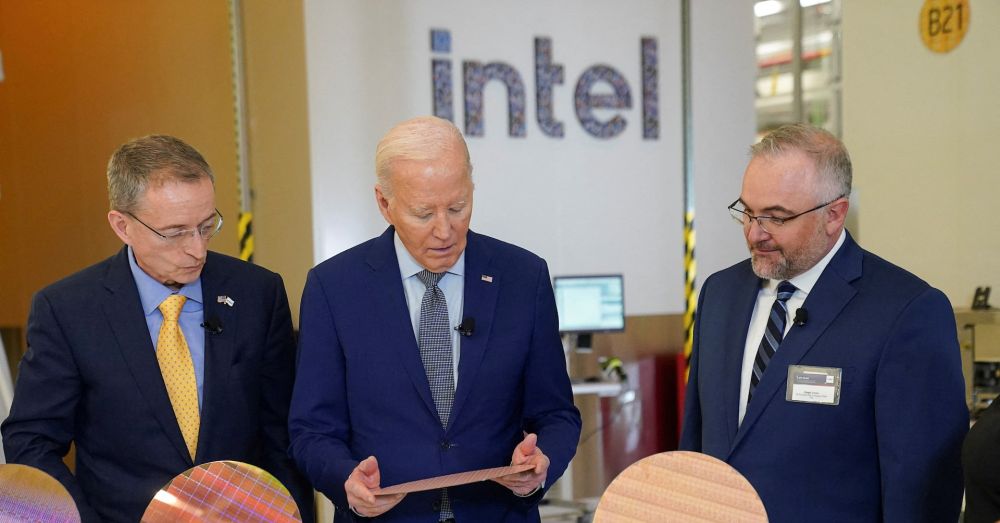
US finalizes $7.86 billion chips manufacturing award for Intel
The U.S. Commerce Department said Tuesday it was finalizing a $7.86 billion government subsidy for Intel , down from $8.5 billion announced in March after the California-based chips maker won a separate $3 billion award from the Pentagon.
www.reuters.com
Stephen Nellis
@stephennellis.bsky.social
· Nov 26
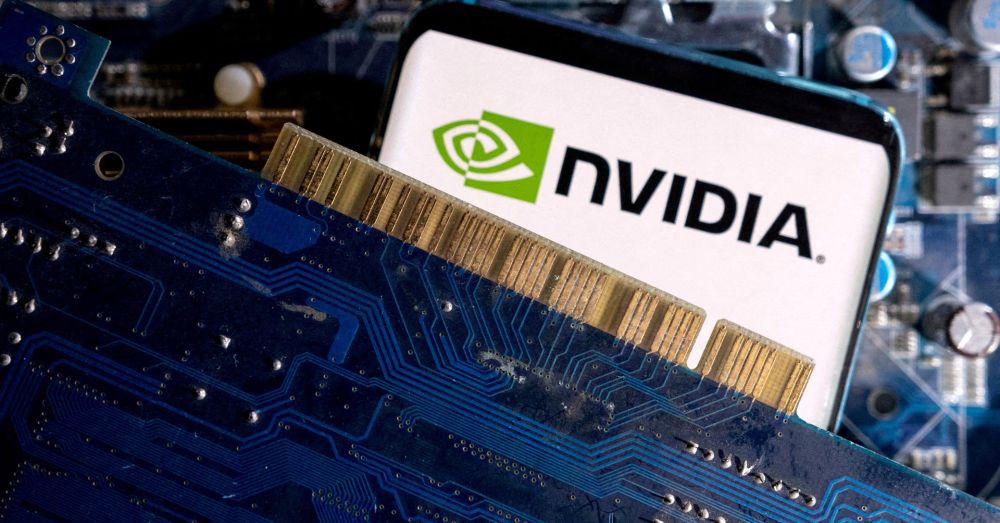
Nvidia shows AI model that can modify voices, generate novel sounds
Nvidia on Monday showed a new artificial intelligence model for generating music and audio that can modify voices and generate novel sounds - technology aimed at the producers of music, films and video games.
www.reuters.com
Stephen Nellis
@stephennellis.bsky.social
· Nov 21
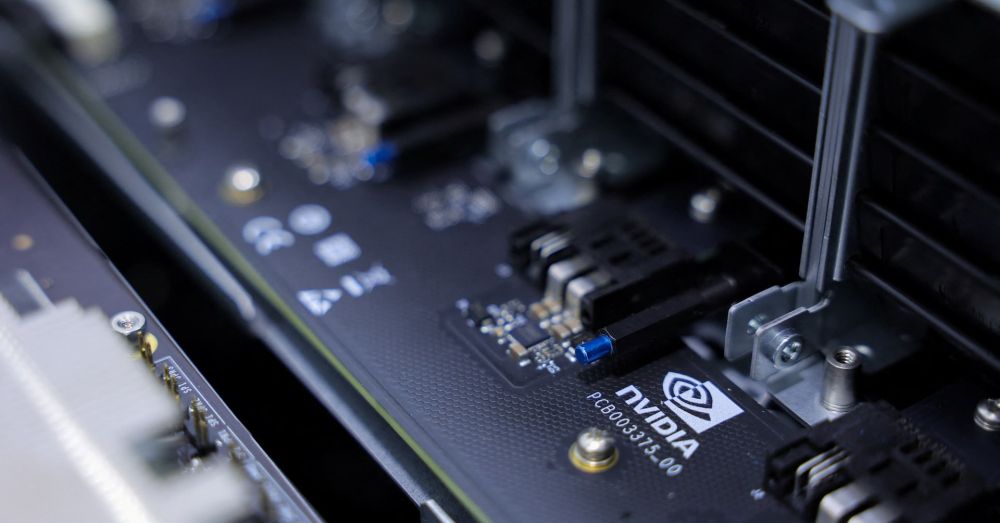
Nvidia fourth-quarter revenue estimate fails to impress Wall Street
Nvidia forecast fourth-quarter revenue slightly above estimates on Wednesday, but still failed to meet lofty expectations of some investors who have made it the world's most valuable firm.
www.reuters.com
Stephen Nellis
@stephennellis.bsky.social
· Nov 20
